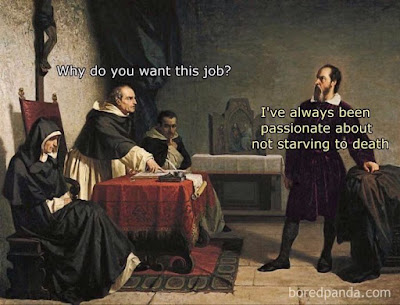Five reasons University career services need a new approach

Photo by Vance Osterhout on Unsplash The standard approach to enhancing employability outcomes in Higher Education takes the form of additional soft skills and technical skills training, internships, career counselling and renewed efforts to ensure campus placement. All of these have their place but the changes in the employer expectations, structures of the professions and breakdown of the traditional career paths demand changes in the traditional, one-size-fits-all approach. As such, there are five key factors why the standard approach isn't enough and must change: 1. Different student motivations: Students in higher education today are different from the students in large, traditional universities. They are often older, from ethnic minority ba...




